The lack of toilet facilities in the Ada West District--Ningo and Parampram has virtually pushed thousands of residents to engage in unaccepted open defecation, which posed a seriou health danger to the people in the district.
The lack of toilet facilities is making living conditions unbearable of the residents in the district, the Deputy Government Statistician at GSS, Dr Faustina Frempong-Ainguah noted and expressed disappointment about the increasing practice of open defection in Ghana and stressed the need for all Ghanaians to join forces of the government institutions to end open defecation in the 2030.
The hundred and forty-one (141) page of sanitation document signed by Government Statistician of GSS, Professor Samuel Kobina Annim catalogues the gains and challenges of the sanitation sector over the past years--that is from 2010 to 2021.
The sanitation report covers the toilet technologies used by households, toilet service levels and defecation points for households without toilet by region, district, and type of locality.
This publication generally targets Government Ministries, Departments, and Agencies
(MDAs), Metropolitan, Municipal and District Assemblies (MMDAs), development
partners, civil society organisations (CSOs), private sector, researchers, and the
general public.
The report particularly seeks to provide basic data to MMDAs to assist them achieve their core function as stipulated in the 1993 Local Government Act (Act 462)—that is, to aid decentralized planning and provision of public services in all districts for the development of local economies.
This is important because the 2021
PHC realigned with the 2010 PHC provides the first set of comparative official statistics
on the recently created regions and districts.
The centra premise of the Sustainable Development Goals, which is to “leave no one
behind” requires disaggregated data to inform settlement arrangements, identify areas of sub-national disparities and make vulnerable groups more visible to decision
makers.
This report thus sets the tone for further analysis of disaggregated indicators
on sanitation.
Aside that development, the Minister of Sanitation and Water Resources who doubles as the Member of Parliament (MP) for Tano North Constituency in the Ahafo Region, Honourable Freda Prempeh has also launched 2010 to 2021 Water Report.
The Water report has detailed of Households’ Main Sources of Drinking Water, Households
with source of drinking water on premises, Average
Time Spent by Households without
drinking water on premises to Access Drinking Water, and Households that Use Improved
Water as Main Sources of Drinking Water by region, district, and type of locality.
This publication generally targets Government Ministries, Departments, and Agencies
(MDAs),Metropolitan, Municipal and District Assemblies (MMDAs), development
partners, civil society organisations (CSOs), private sector, researchers, and the general
public.
The report particularly seeks to provide basic data to MMDAs to assist them achieve their core function as stipulated in the 1993 Local Government Act (Act 462) —that is, to aid decentralized panning and provision of public services in al districts for the development of local economies.
This is important because the 2021 PHC realigned with the 2010 PHC provides the first set of comparative official statistics on the recently created regions and districts.
The central premise of the Sustainable Development Goals, which is to “leave no one
behind,” requires disaggregated data to inform settlement arrangements, identify areas
of subnational disparities and make vulnerable groups more visible to decision makers.
This report thus sets the tone for further analysis of disaggregated indicators on sources of water used by households.
The water report covers a historical overview of Ghana’s water and sanitation sector; institutional developments and sector coordination; performance information on water resources management; urban, rural and small town water supply in 2010; performance information on sector sanitation, hygiene and school WASH in 2010.
The report also provides information on WASH sector financing including contributions from non-state actors to the WASH sector; monitoring, evaluation and sector reporting and makes recommendation for the way forward.
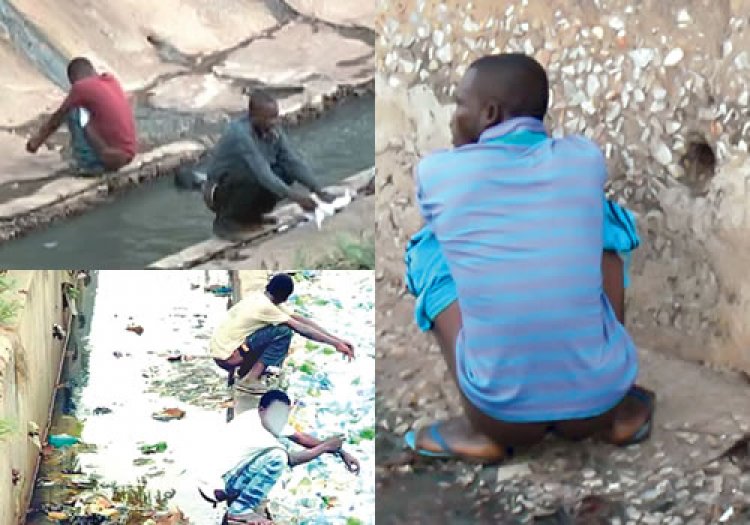

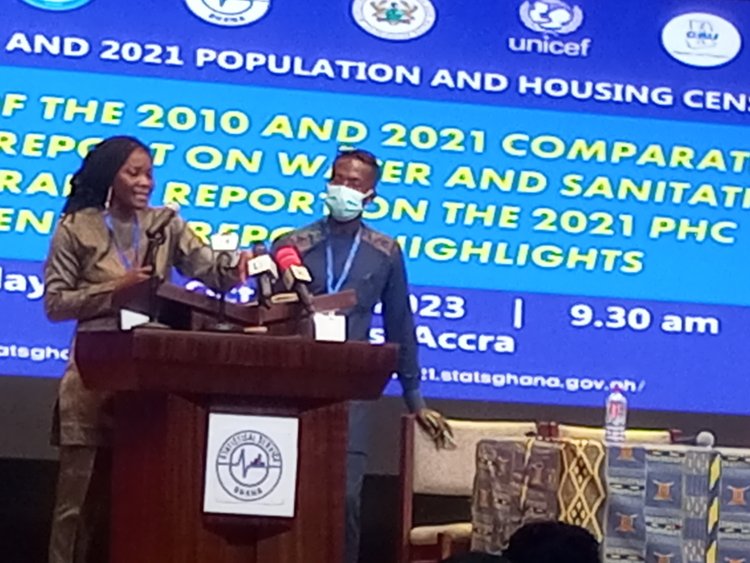
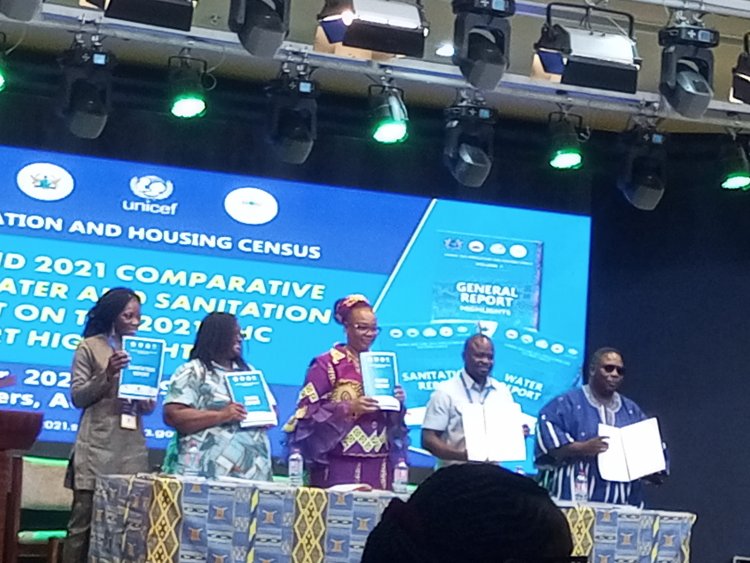
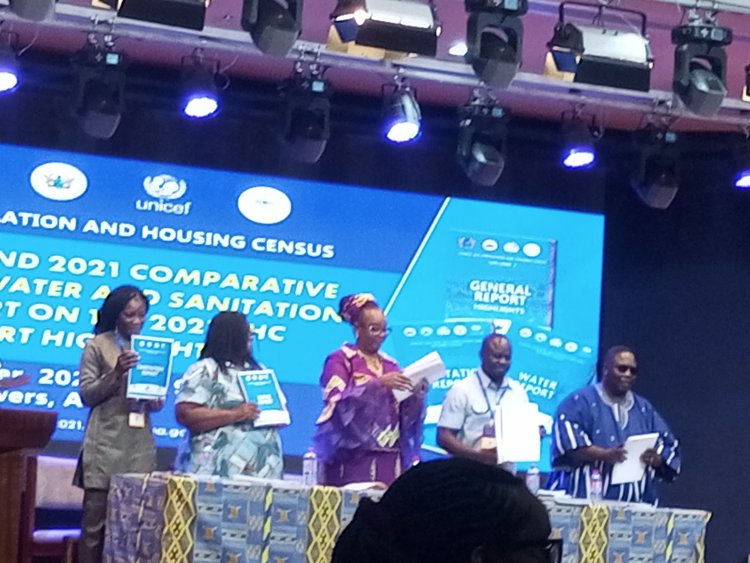


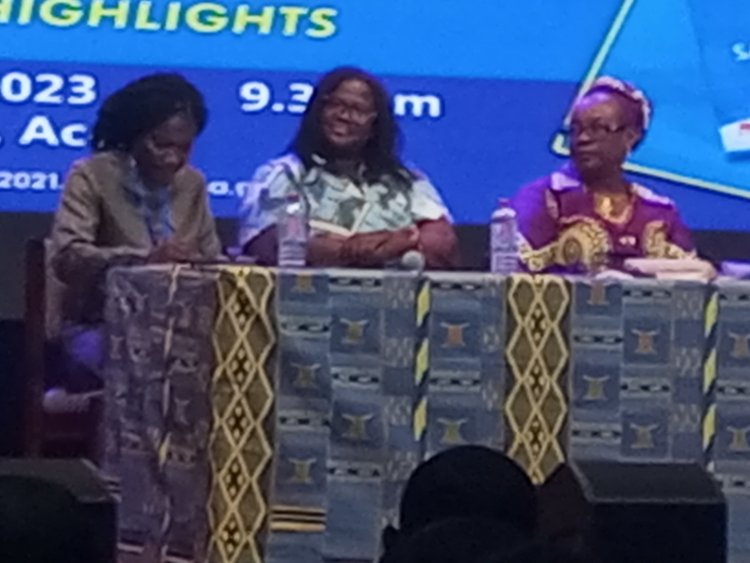



 Freeman Koryekpor
Freeman Koryekpor 


































